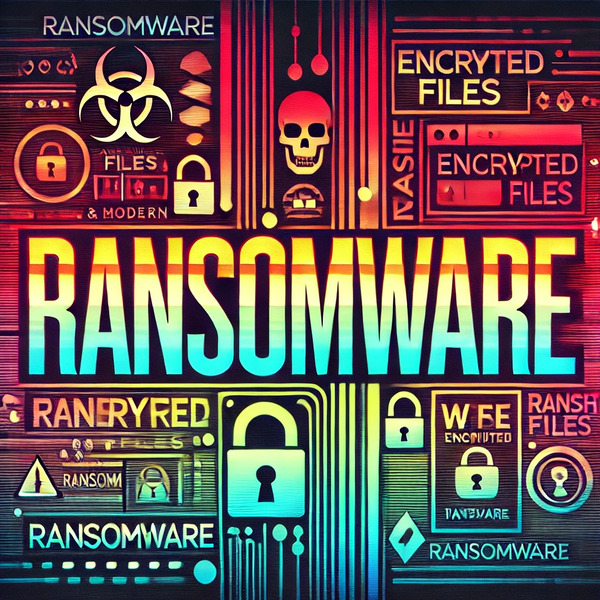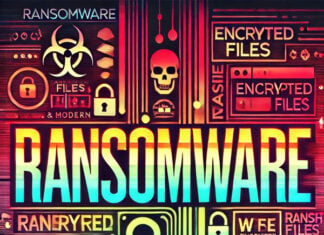
A ransomware group, whose identity remains undisclosed, has reportedly targeted a significant portion of the servers at Kuala Lumpur International Airport. Despite multiple demands from the attackers for a ransom of $10 million, Malaysian Prime Minister Anwar Ibrahim has firmly rejected the hackers’ demands. He emphasized that conceding to such extortion could exacerbate the situation further.
According to updates shared by Cybersecurity Insiders, Prime Minister Ibrahim’s statement highlights the gravity of the situation, revealing that the Malaysian International Airport’s IT infrastructure is suffering from a malware attack that could potentially disrupt services for days or even weeks. The government’s refusal to pay the ransom reflects a growing stance against fueling cybercrime. By rejecting the demands, Ibrahim aims to prevent setting a dangerous precedent that would empower hackers to continue exploiting victims in the future.
One of the main reasons behind this decision is the dangerous cycle that paying ransoms could perpetuate. When victims meet hackers’ demands, it not only funds the criminal activity but also reinforces the belief among hackers that they can continually exploit organizations for profit without fear of consequence. By paying up, organizations risk emboldening cybercriminals to strike again.
Adding complexity to the situation, the attackers managed to steal a portion of the sensitive data from the airport’s servers and are now threatening to release it on the dark web, potentially selling it for financial gain. The stolen data could include critical information, raising serious privacy and security concerns.
However, there are countermeasures in place that could mitigate the impact of such attacks. Having reliable and regular backups is one of the most effective defenses. If backups are maintained properly, even in the event of an encryption attack, the affected data and applications can be recovered with minimal downtime. This greatly reduces the potential for prolonged disruptions.
In cases where data has been stolen, the proper course of action is to report the incident to law enforcement. Authorities possess advanced tools to track down and manage stolen data, and they can exert pressure on cybercriminals to have it removed from the dark web. Law enforcement also works to investigate and apprehend the attackers, which can sometimes lead to the recovery of stolen assets.
The situation becomes more complicated if the victim organization lacks effective backup systems. Without backups, the only remaining option is often to pay the ransom to obtain a decryption key, which could potentially restore access to the encrypted data. This course of action, however, comes with no guarantee that the hackers will provide the key as promised.
In these scenarios, some organizations may turn to cybersecurity insurance policies. If the victim has an active cyber insurance policy that covers ransom attacks, they may be able to file a claim, depending on the terms of the policy. Coverage will vary based on factors like the amount of assets covered and the history of premium payments. Insurance could also offer a discount if certain criteria, such as the completion of a cooling-off period, are met.
Despite the pressing situation, Prime Minister Ibrahim has reportedly ordered local authorities to explore alternative ways of resolving the issue without paying the ransom. This decision stems from the understanding that paying hackers does not guarantee the decryption key and could further embolden the attackers. The Malaysian government is therefore working to find a solution that avoids fueling the cycle of cybercrime while protecting sensitive data and ensuring minimal disruption to airport services.



















